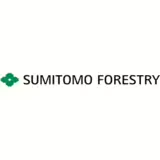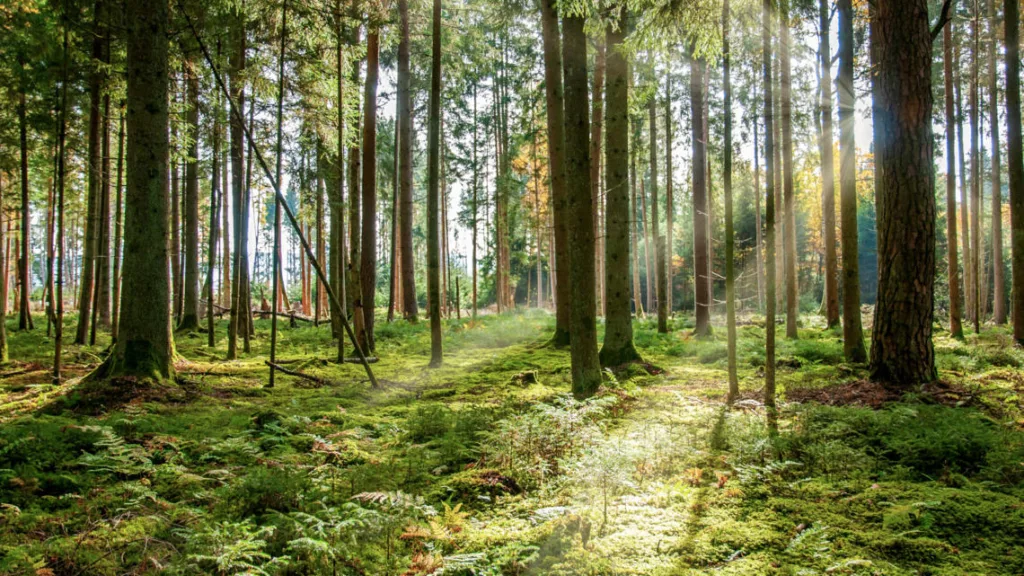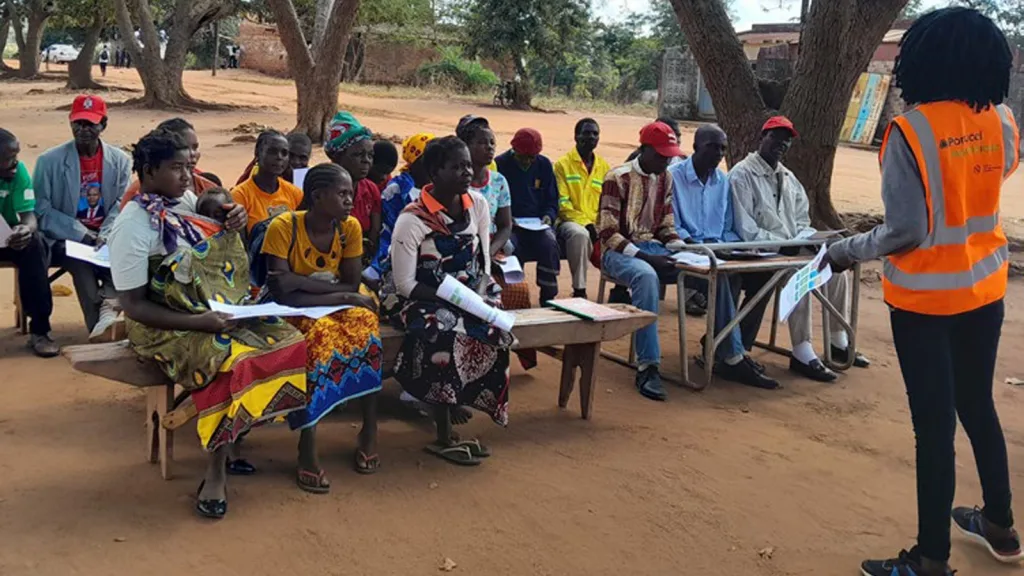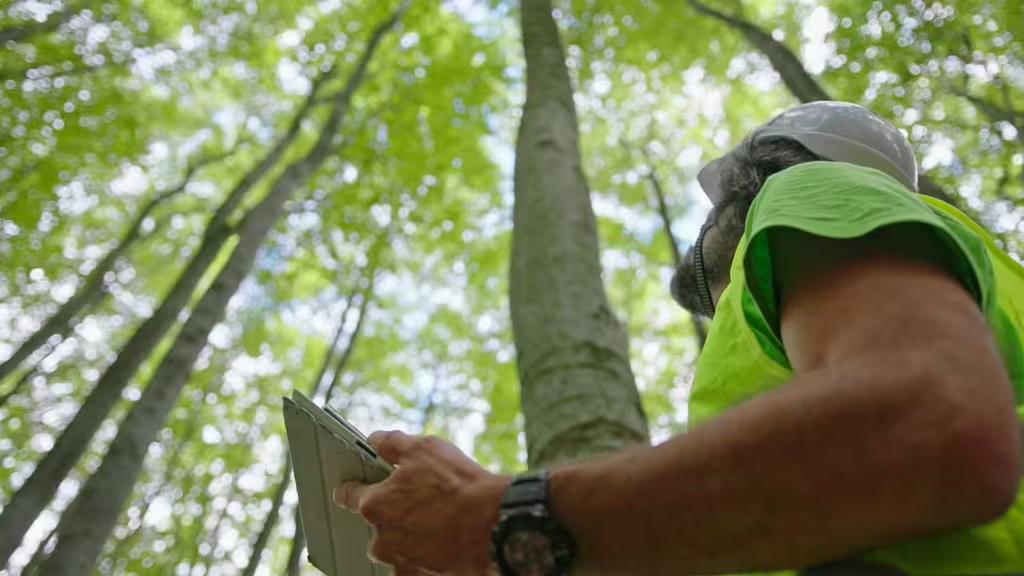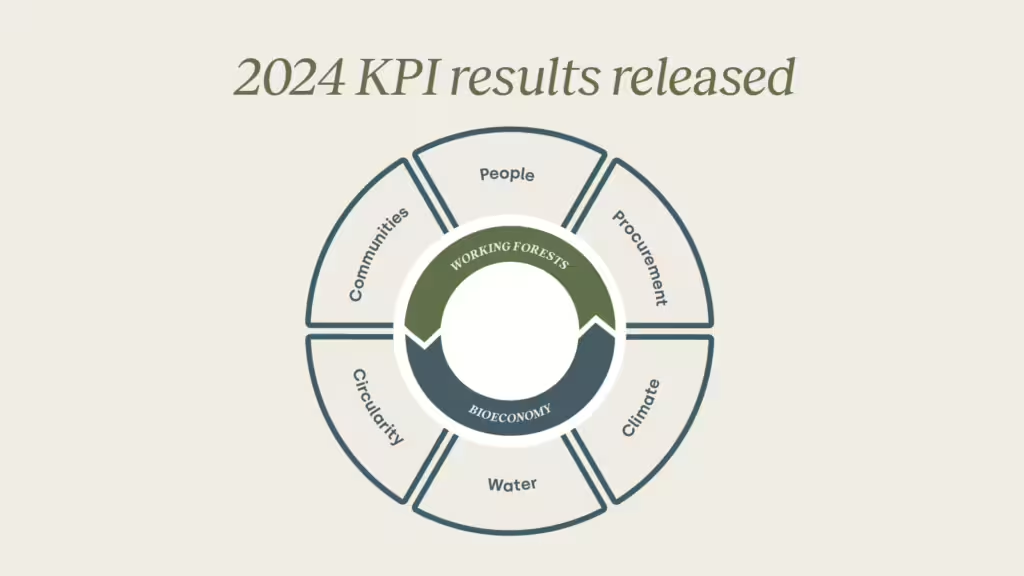Forest Solutions Group (FSG)
Our Forest Solutions Group (FSG) is the global platform where leading business in the forest products sector build and share solutions to sustainable development.
FSG’s mission is to grow an inclusive circular bioeconomy that is rooted in thriving working forests.
The Forest Sector SDG Roadmap released in 2019, provides FSG’s framework for action. As a sign of shared commitment and as a condition of FSG membership, FSG members endorse and adhere to a set of Membership Principles & Responsibilities, and report annually on Key Performance Indicators (KPIs) to track progress towards achieving the SDGs.
Focus areas
To maximize its contributions to the SDGs, FSG’s work program if built around two mutually reinforcing pillars:
Sustainable Working Forests: Continuously supply renewable materials for the bioeconomy while providing multiple benefits for people and the planet such as carbon sequestration, clean water, habitat, economic livelihoods.
Sustainable Bioeconomy: Lead the transition to a low-carbon and circular economy through the supply of renewable products from sustainable working forests to substitute fossil-based materials.
Click on any of the eight impact areas to learn about FSG members’ commitment, key performance indicators and contributions to the SDGs. For more information, download the Forest Sector SDG Roadmap Implementation Report.
The challenge
We are living in an increasingly resource-constrained world confronted with a climate emergency, the loss of nature and growing inequality.
This calls for a radical shift away from fossil-based materials combined with the removal of carbon dioxide from the atmosphere, material reuse, and scaling up inclusive business models.
The business case
The solution
The forest sector lies at the heart of this transition to a low-carbon, circular bioeconomy due to the ability of forests and forest products to capture and store carbon.
When sourced responsibly, forest products are renewable, and they can be recycled several times. They can effectively substitute and complement fossil-based materials in sectors such as packaging, construction materials, textiles, bioenergy, pharmaceuticals and even vehicle components.
News
& insights
Our members












